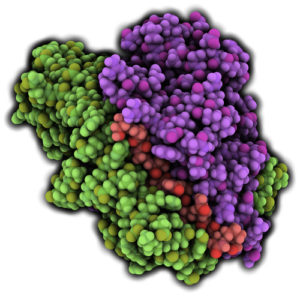 We see it in all the ages of the pediatric population from toddlers to grade school kids, as well as in teenagers, presented in a variety of ways, often as a result of a recent screening test, prompted by the detection of Celiac in a family member.
We see it in all the ages of the pediatric population from toddlers to grade school kids, as well as in teenagers, presented in a variety of ways, often as a result of a recent screening test, prompted by the detection of Celiac in a family member.
There’s a lot of confusion as of late between Celiac Disease vs. Gluten Sensitivity. Nearly half of all patients diagnosed with Celiac Disease had not previously shown any symptoms of the disease. On average, for every patient diagnosed with Celiac disease, five others remain undiagnosed.
Once diagnosed, a healthcare plan can be established to eliminate the symptoms and complications of the disease essentially completely. The only effective treatment that’s currently in place is a gluten–free diet. Thankfully, the tools necessary to maintain such a diet are currently easier to acquire than ever before. Though, there are still challenges that come up, but the presence of a nutritionist can be very beneficial in aiding and preventing such.
The most common symptoms that we see diagnosed with Celiac Disease are:
- abdominal pain
- poor weight gain or even weight loss
- diarrhea
- headaches
- abnormal blood tests regarding liver function
- and, in older children, untreatable anemia
Additionally, infertility in adult patients diagnosed with Celiac Disease is often linked to the lack of treatment of the disease.
The complications of untreated Celiac Disease include:
- ongoing gastrointestinal symptoms
- short stature due to stunted growth by malnutrition
- thinner bone density
- anemia — which can affect brain development and intellectual functioning
- the most serious, but most rare, is small bowel cancer (lymphoma).
 Small Bowel Lymphoma is a complication of untreated Celiac Disease.
Small Bowel Lymphoma is a complication of untreated Celiac Disease.
A lot of people think of Celiac Disease as an allergy. However, there is no known allergy that is associated with causing cancer. Celiac Disease is an immunologic mechanism by which problems arise, but is not a traditional allergy. Traditional allergies are identified by IGE mediated reactions, whereas Celiac Disease is a T-Cell abnormality. Similarly, the treatment for such does resolve in an adjustment of diet, but the complications of Celiac are distinct.
Celiac Disease is a lifelong condition. Once a diagnosis is made and diet is adjusted, the more severe complications might ideally be avoided.





Leave A Comment